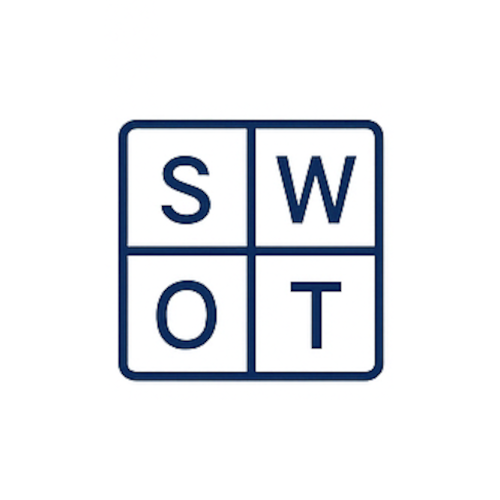Strategic planning is the process of defining an organization’s direction and making decisions on allocating its resources to pursue this direction. These decisions impact an organization’s every move, from market positioning to resource allocation and goal setting. The process is important for any business, especially for start-ups and scale-ups which don’t have the resources and safety nets of larger, mature businesses. Effective decision-making in strategic planning is crucial and will be beneficial on several aspects, as described below:
1. Alignment: It ensures that all capabilities of the organization work in harmony to achieve the defined objectives. When having all teams on the same page and all projects prioritised and transparently discussed, the focus will be on the right direction.
2. Resource Optimization: Proper planning helps in allocating resources – skills, funds, time – effectively to support the strategy, by reducing waste, duplicate work and inefficiencies.
3. Risk Management: Planning helps identify potential risks in all actions to be taken and mitigates them through informed decisions.
4. Adaptation: With planning, alignment, effective use of resources and a clear risk map, organizations are able to adjust and evolve as market conditions change.
How to be Effective in Decision-Making?
One tricky aspect that is not clearly understood is that decisions are both explicit and implicit. When a person or group makes a call on a certain situation, they are making an explicit decision. However, cases where they deliberately choose not to make a call on a matter, expecting someone else to handle it without formal discussion, or simply wishing that things will work out by themselves, are decisions as well—implicit ones, where there is no accountability, no transparency, and no lesson to be learned.
In order to be aware of all decisions to be made and to ensure that the best call is made taking all circumstances into account, it’s recommended that we make use of the following:
1. Data-Driven Decisions: Use data and analytics to support your decision-making process. Data provides insights into market trends, customer behavior, and the performance of previous strategies.
2. Collaboration: Decision-making shouldn’t be isolated, so it’s best to collaborate with team members, stakeholders, and subject matter experts to gather diverse perspectives and expertise.
3. Scenario Planning: Anticipate various scenarios and their potential impact, so by preparing for different outcomes, organizations can make more flexible and adaptive decisions.
4. Clear Communication: Ensure that decisions are communicated clearly across the organization and make sure to include the rationale behind the decision and the expected outcomes.
5. Risk Assessment: Evaluate the risks associated with each decision and prepare by implementing suitable mitigation strategies.
6. Agility: Adopt an agile mindset that will allow you to make fast and informed decisions, if internal or external factors change and trigger you to adapt.
7. Continuous Learning: Analyze the outcomes of your previous decisions and use them as learning opportunities. By doing so you will be able to adjust your strategies based on these results and feedback.
Conclusion
Making smart decisions is key to good strategic planning. This means using tools, relying on data, working with your team, and knowing what your organization wants to achieve. With effective decision-making, you can tackle challenges and adapt to changes without compromising your strategy. Platforms like Sengi Solutions can help by giving you the insights and organization needed to make better and informed choices.












